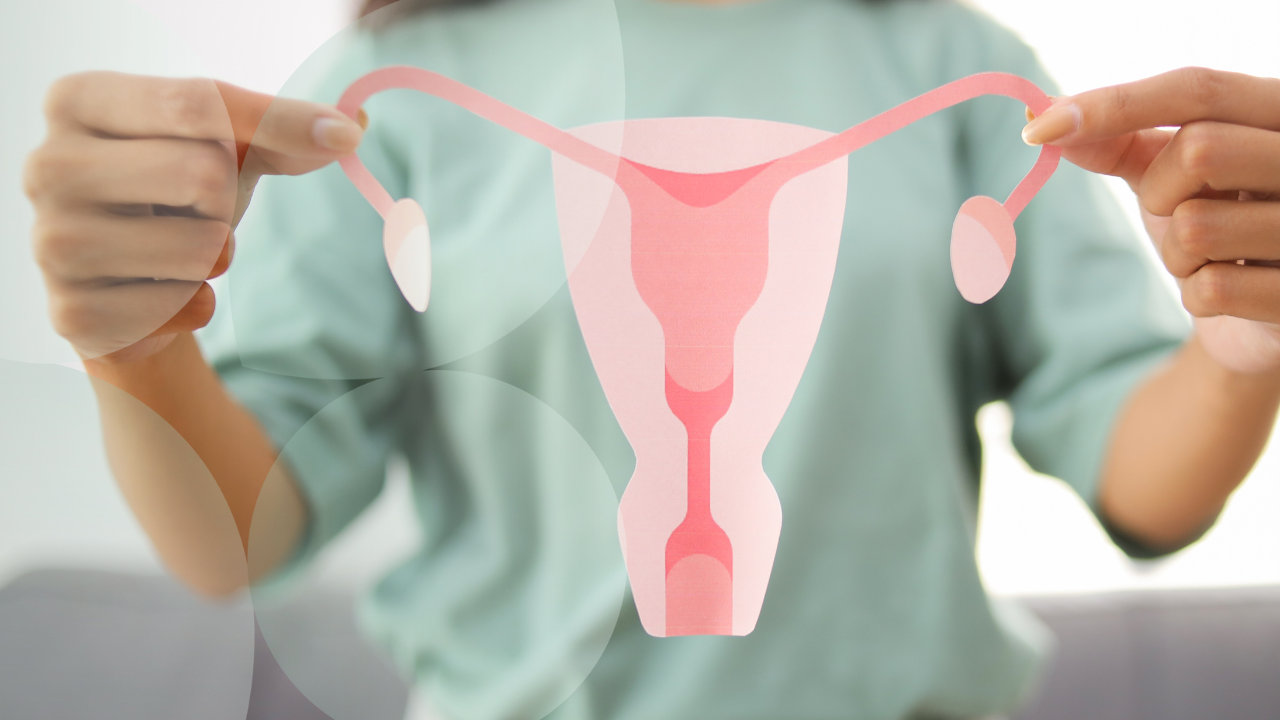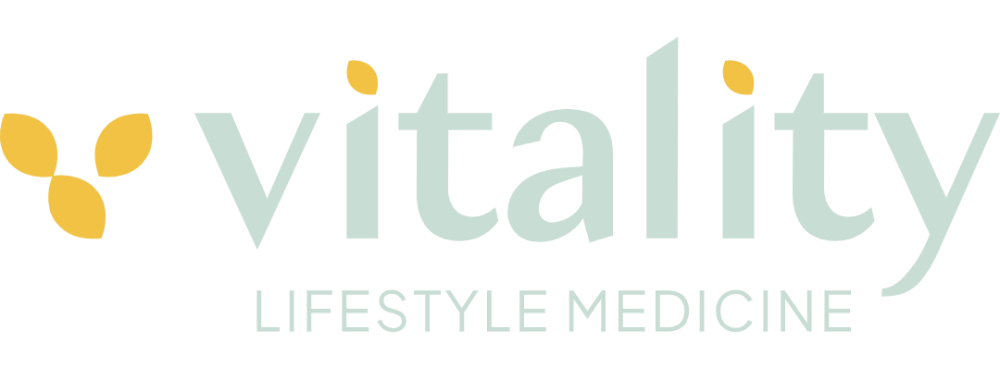Should I Take Hormone Therapy if Menopause Is Natural?
Aug 04, 2025
Should I Take Hormone Therapy if Menopause Is Natural?
I hear this a lot:
“Isn’t menopause just a natural part of life? Shouldn’t I just push through it?”
Short answer? Yes, menopause is natural.
But so are Ebola and tooth decay—we don’t just leave those untreated.
Why Do Some Women Need Hormone Therapy for Menopause?
In March, The Lancet published an article titled “Time for a balanced conversation about menopause.” It claimed menopause is a normal part of ageing (true), and suggested hormone therapy is overused. It even accused feminist organisations of downplaying the risks of HRT. The article sparked a heated debate in the medical community about the benefits and risks of hormone therapy. (That deserves its own post—let’s leave it for another day.)
Here’s the part that’s missing:
Yes, menopause is a natural transition.
But that doesn’t mean you have to suffer through it without support.
During this natural transition, hormone therapy can relieve and improve your quality of life.
What Are the Most Common Perimenopause and Menopause Symptoms?
First, let's clarify the difference between perimenopause and menopause. Perimenopause is the transitional period leading up to menopause, which is when a woman has not had a menstrual period for 12 consecutive months.
Now, let's look at the symptoms of these stages.
Many women don’t realise the symptoms they’re experiencing—like anxiety, fatigue, or poor sleep—could be related to perimenopause.
Here’s what the research shows:
- 🌀 75% of women experience symptoms that affect their quality of life
- 🔥 25% suffer from severe or debilitating menopause symptoms
- In Australia, only 15–20% of women are prescribed Menopausal Hormone Therapy (MHT/HRT)
- In my clinic, half the women have considered leaving their careers due to their symptoms.
That’s a lot of women missing out on help that could make a real difference.
Perimenopause Symptoms to Watch For
If you’re in your 40s and wondering, “Is this perimenopause?”, here are some common signs:
- Waking around 2–3 am
- Brain fog and memory issues
- New or worsening anxiety
- Heavier or irregular periods
- Weight gain, especially around the belly
- Low libido
- Joint pain and muscle stiffness
- Hot flushes or night sweats
- Vaginal dryness and recurrent UTIs
- Feeling not quite yourself
Oestrogen Does More Than Stop Hot Flushes
Oestradiol is your body’s strongest form of oestrogen. It protects everything from your bones to your brain. When it drops off in menopause, nearly every system feels the impact.
Without oestrogen, you’re more likely to experience:
- Weight gain due to insulin resistance
- Stress overload from increased cortisol sensitivity
- Joint pain and stiffness that make exercise harder
- Mood changes like depression and anxiety
- Brain fog and increased dementia risk
- Dryness and painful sex, leading to low libido and changes
- Pelvic floor weakening and bladder issues
What Happens If You Don’t Treat Menopause Symptoms?
Many women search for natural menopause treatment options—and while lifestyle changes are essential, some symptoms may need more than magnesium and mindfulness. Untreated menopause increases long-term health risks:
- 🦴 1 in 3 women will develop osteoporosis or osteopenia (Hip fractures in older adults carry a 20% risk of death within 12 months)
- 🧠 Dementia is now the leading cause of death in Australian women
- ❤️ Heart disease risk increases 5-fold after menopause
You’re not just treating symptoms—you’re protecting your future health.
Is Hormone Therapy Safe?
This is the big question: Is HRT safe or dangerous?
Here’s what we know:
- Transdermal, body-identical hormone therapy (like patches or gels) is very safe
- It does not increase your risk of blood clots like older oral forms
- The 2002 WHI study that scared everyone? It involved synthetic oral hormones in women more than 10 years past menopause
- Even then, it only showed a 4 in 1000 increase in breast cancer diagnoses—not deaths
- Later reanalysis showed a 30% drop in all-cause mortality in women on MHT
- What are the most significant breast cancer risks?
- → Being overweight
- → Alcohol: even one drink a day increases breast cancer risk by around 7%
What Happens When MHT Isn’t Prescribed?
Women aren’t avoiding treatment. They’re often being prescribed the wrong treatment. Instead of oestrogen, many women are given:
- Antidepressants for mood
- Antibiotics for UTIs
- Painkillers for joint pain
- Vaginal creams, lubricants, and sleep aids
- And a whole lot of unproven “wellness” products
What’s missing?
Oestrogen.
So… Should You Take Hormone Therapy?
Not everyone needs it.
But every woman deserves an informed, evidence-based conversation about whether MHT could help her.
This discussion can empower you to make the best decision for your health.
Final Word
Yes, menopause is natural.
But suffering through it doesn’t have to be.

